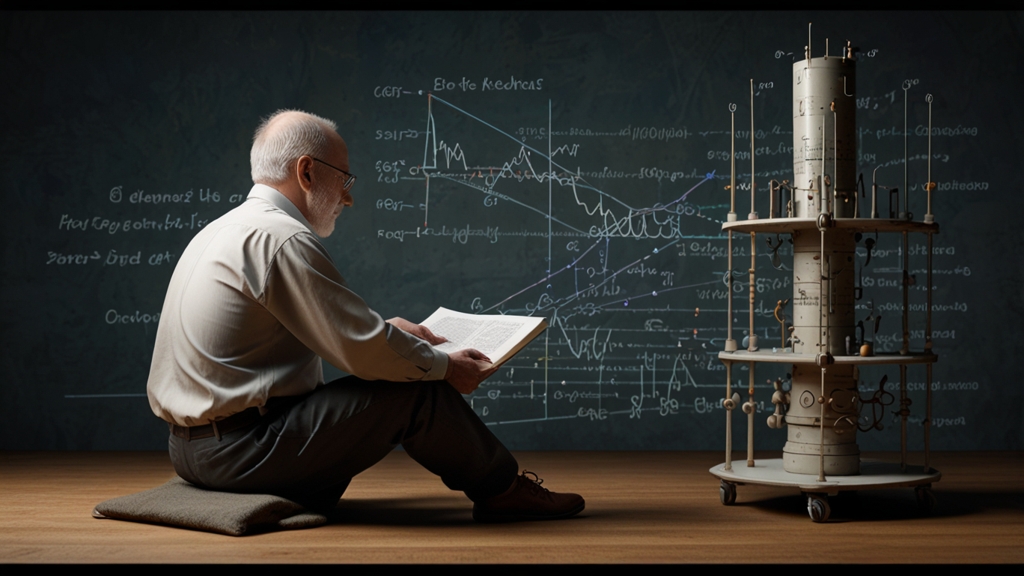How Calculus Revolutionized Science and Technology
Calculus, the mathematical study of change, has fundamentally transformed science and technology since its development in the late 17th century. Credited primarily to Isaac Newton and Gottfried Wilhelm Leibniz, calculus provides the tools and frameworks necessary to model and analyze dynamic systems. Its applications reach far beyond pure mathematics, influencing countless fields such as physics, engineering, economics, and even biology.
A New Era in Physics and Astronomy
Before the invention of calculus, scientists struggled to understand the complex motions of celestial bodies. Newton's formulation of classical mechanics, which uses calculus as its foundation, enabled a rigorous analysis of motion and force. Newton's laws of motion and the universal law of gravitation could be expressed as differential equations, revolutionizing our understanding of the universe. Johannes Kepler's laws of planetary motion were given a solid theoretical basis, enabling more accurate predictions of planetary positions.
"Nature, which is amazingly simple and conformable to herself, could only have been designed by a powerful and wise Creator who would never commit things to the uncertain governance of chance." – Isaac Newton
Calculus has been indispensable in the advancement of modern physics. From electromagnetism to quantum mechanics, differential and integral calculus are essential for formulating theories and solving complex problems. James Clerk Maxwell’s equations of electromagnetism, for instance, are expressed in the language of vector calculus, providing insights into electricity, magnetism, and optics.
Engineering Innovations
In engineering, calculus is used to optimize design and function. Whether it’s the structural integrity of buildings, the aerodynamics of aircraft, or the efficiency of engines, engineers rely on differential equations to simulate real-world conditions. Calculus aids in understanding material stress, thermal dynamics, and fluid flow, allowing for the creation of safer, more efficient, and more reliable products.
“Calculus is a branch of mathematics that allows us to examine variables within a system at infinitely small intervals. Through differential and integral calculus, we can predict the behavior and improve the functionality of systems, making extraordinary innovations possible.” – James Smith, Professor of Mechanical Engineering
Economic Models and Predictions
Calculus has also played a transformative role in the field of economics. The discipline's differential equations help economists model changes in economic variables over time. Calculus techniques are used to understand consumer behavior, optimize production, and manage risk in financial markets. For example, the Black-Scholes model, which uses partial differential equations, revolutionized the field of financial derivatives, providing a framework to price options accurately.
Biological and Medical Advancements
In biology and medicine, calculus has opened the door to a deeper understanding of life processes. Models of population dynamics, the spread of diseases, and neural activity all rely on differential equations. Calculus helps in understanding how blood flows through vessels, how medicines are distributed in the body, and how neurons transmit signals.
“Through the use of calculus, we’ve been able to model and decipher the complexity of biological systems. This not only bolsters our understanding but also enhances our ability to develop new treatments and medical technologies.” – Dr. Maria Garcia, Biomedical Scientist
Conclusion
The impact of calculus on science and technology cannot be overstated. Its principles and methodologies permeate every corner of modern life, providing the mathematical foundation for understanding and innovating within dynamic systems. From the vast cosmos to the minute particles within atoms, calculus helps unlock the mysteries of the universe and drives the technological advancements that continue to shape our world.










